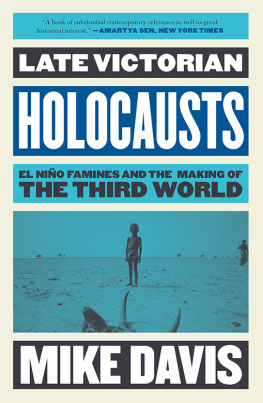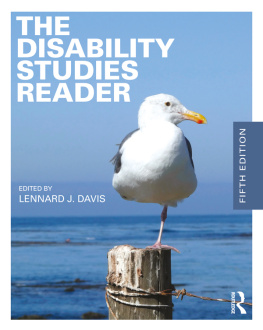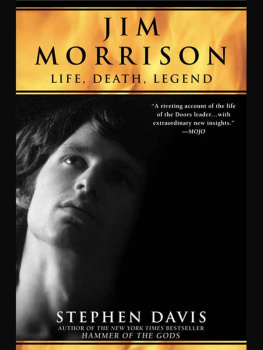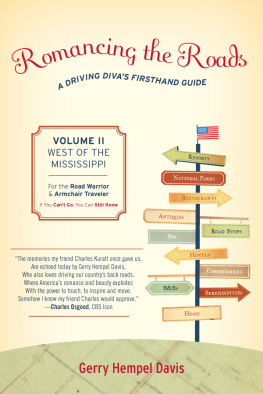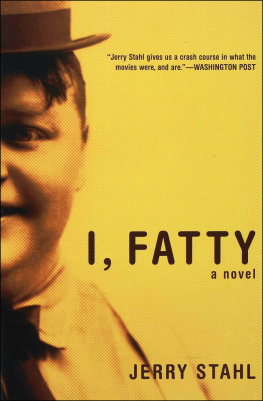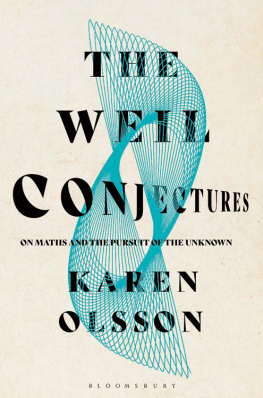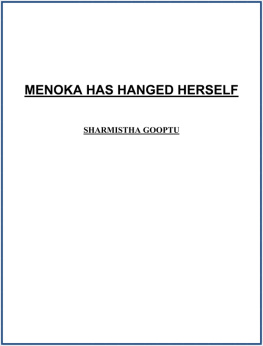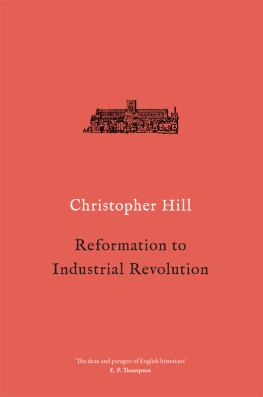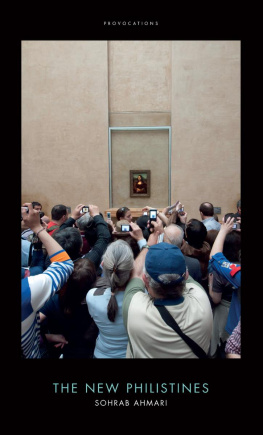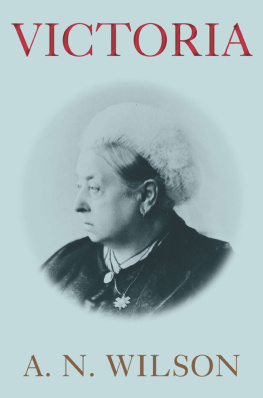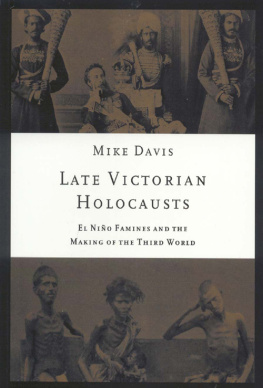Praise for Late Victorian Holocausts
Generations of historians largely ignored the implications [of the great famines of the- late nineteenth century] and until recently dismissed them as climatic accidents Late Victorian Holocausts proves them wrong. LA Times Best Books of 2001
Wide ranging and compelling a remarkable achievement. Times Literary Supplement
A masterly account of climatic, economic and colonial history. New Scientist
A hero of the Left, Davis is part polemicist, part historian, and all Marxist. Dale Peck, Village Voice
Davis has given us a book of substantial contemporary relevance as well as great historical interest this highly informative book goes well beyond its immediate focus. New York Times
Davis, a brilliant maverick scholar, sets the triumph of the late-nineteenth-century Western imperialism in the context of catastrophic El Nio weather patterns at that time This is groundbreaking, mind-stretching stuff. Independent
The catalogue of cruelty Davis has unearthed is jaw-dropping Late Victorian Holocausts is as ugly as it is compelling. Guardian
Controversial, comprehensive, and compelling, this book is megahistory at its most fascinatinga monument to times past, but hopefully not a predictor of future disasters. Foreign Affairs
Devastating. San Francisco Chronicle
Late Victorian Holocausts
El Nio Famines and the Making
of the Third World

MIKE DAVIS

This paperback edition first published by Verso 2017
First published by Verso 2001
Mike Davis 2001, 2002, 2017
All rights reserved
The moral rights of the author have been asserted
1 3 5 7 9 10 8 6 4 2
Verso
UK: 6 Meard Street, London W1F 0EG
US: 20 Jay Street, Suite 1010, Brooklyn, NY 11201
versobooks.com
Verso is the imprint of New Left Books
ISBN-13: 978-1-78478-662-5
ISBN-13: 978-1-78168-061-2 (US EBK)
ISBN-13: 978-1-78168-360-6 (UK EBK)
British Library Cataloguing in Publication Data
A catalogue record for this book is available from the British Library
Library of Congress Cataloging-in-Publication Data
Names: Davis, Mike, 1946 author.
Title: Late Victorian holocausts : El Nio famines and the making of the
Third World / Mike Davis.
Description: London ; New York : Verso, 2017.
Identifiers: LCCN 2016026162 | ISBN 9781784786625 (paperback)
Subjects: LCSH: Human ecologyDeveloping countriesHistory19th century. |
Political ecologyDeveloping countriesHistory19th century. | El Nio
CurrentSocial aspectsDeveloping countriesHistory19th century. |
FaminesDeveloping countriesHistory19th century. |
DroughtsDeveloping countriesHistory19th century. | Developing
countriesEnvironmental conditionsHistory19th century. |
IndiaEnvironmental conditionsHistory19th century. |
ChinaEnvironmental conditionsHistory19th century. |
BrazilEnvironmental conditionsHistory19th century. |
ImperialismEnvironmental aspectsHistory19th century. | BISAC: SOCIAL
SCIENCE / Agriculture & Food. | POLITICAL SCIENCE / Economic Conditions.
Classification: LCC GF900 .D38 2017 | DDC 363.809172/409034dc23
LC record available at https://lccn.loc.gov/2016026162
Typeset in Adobe Garamond by Steven Hiatt/Hiatt & Dragon, San Francisco
Printed in the USA by Maple Press
Offended Lands
It is so much, so many
tombs, so much martyrdom, so much
galloping of beasts in the star!
Nothing, not even victory
will erase the terrible hollow of the blood:
nothing, neither the sea, nor the passage
of sand and time, nor the geranium flaming
upon the grave.
Pablo Neruda (1937)
Contents
An ancient interest in climate history was rekindled during the week I spent as a fly on the wall at the June 1998 Chapman Conference, Mechanisms of Millennial-Scale Global Climate Change, in Snowbird, Utah. Listening to the folks who mine environmental history from the Greenland Ice Sheet and the Bermuda Rise discuss state-of-the-art research on climate oscillations was a truly exhilarating experience, and I thank the organizers for allowing a mere historian to kibitz what was intended to be a family conversation.
The outline for this book was subsequently presented as a paper in September 1998 at the conference Environmental Violence organized at UC Berkeley by Nancy Peluso and Michael Watts. Vinayak Chaturvedi, Tom Brass and Gopal Balakrishnan generously offered expert and luminous criticisms of this project in its early stages. Kurt Cuffey spruced up some of the physics in . Dan Monk and Sara Lipton, Michelle Huang and Chi-She Li, and Steve and Cheryl Murakami provided the essential aloha. The truly hard work was done by Steve Hiatt, Colin Robinson, Jane Hindle and my other colleagues at Verso Books, while David Deis created the excellent maps and graphics and Tom Hassett proofread the galleys with care. A MacArthur Fellowship provided unencumbered opportunities for research and writing.
The real windfalls in my life, however, have been the sturdy love and patience of my compaera, Alessandra Moctezuma; the unceasing delight of my children, Jack and Roisn; and the friendship of two incomparable rogue-intellectuals and raconteurs, David Reid and Mike Sprinker. David took precious time off from 1940s New York to help weed my final draft. Mike introduced me to the impressive work of South Asian Marxist historians and provided a decisively important critique of the books original conception. His death from a heart attack in August 1999, after a long and apparently successful fight against cancer, was simply an obscenity. He was one of the genuinely great souls of the American Left. As Jos Mart once said of Wendell Phillips: He was implacable and fiery, as are all tender men who love justice. I dedicate this book to his beloved wife and co-thinker, Modhumita Roy, and thank her for the courage she has shared with all of us.
The failure of the monsoons through the years from 1876 to 1879 resulted in an unusually severe drought over much of Asia. The impact of the drought on the agricultural society of the time was immense. So far as is known, the famine that ravished the region is the worst ever to afflict the human species.
John Hidore, Global Environmental Change
It was the most famous and perhaps longest family vacation in American history. Under a crescendo of criticism for the corruption of his administration, the newly retired president of the United States, Ulysses S. Grant, his wife Julia, and son Jesse left Philadelphia in spring 1877 for Europe. The ostensible purpose of the trip was to spend some time with daughter Nellie in England, who was married (after the fashion that Henry James would celebrate) to a dissolute English gentleman. Poor Nellie, in fact, saw little of her publicity-hungry parents, who preferred red carpets, cheering throngs and state banquets. As one of Grants biographers has put it, much has been said about how Grant, the simple fellow, manfully endured adulation because it was his duty to do so. This is nonsense. Folks back home were thrilled by

